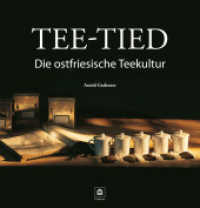- ホーム
- > 洋書
- > 英文書
- > Biography / Autobiography
基本説明
New in paperback. Hardcover was published in 2010.
Full Description
The first account of one of the most important and enigmatic spies in U.S. history: the man who delivered the plans for the atom bomb to the Soviets
In the history of Soviet espionage in America, few people figure more crucially than Harry Gold. A Russian Jewish immigrant who spied for the Soviets from 1935 until 1950, Gold was an accomplished industrial and military espionage agent. He was assigned to be physicist Klaus Fuchs's "handler" and ultimately conveyed sheaves of stolen information about the Manhattan Project from Los Alamos to Russian agents. He is literally the man who gave the USSR the plans for the atom bomb. The subject of the most intensive public manhunt in the history of the FBI, Gold was arrested in May 1950. His confession revealed scores of contacts, and his testimony in the trial of the Rosenbergs proved pivotal. Yet among his co-workers, fellow prisoners at Lewisburg Penitentiary, and even those in the FBI, Gold earned respect, admiration, and affection.
In The Invisible Harry Gold, journalist and historian Allen Hornblum paints a surprising portrait of this notorious yet unknown figure. Through interviews with many individuals who knew Gold and years of research into primary documents, Hornblum has produced a gripping account of how a fundamentally decent and well-intentioned man helped commit the greatest scientific theft of the twentieth century.







